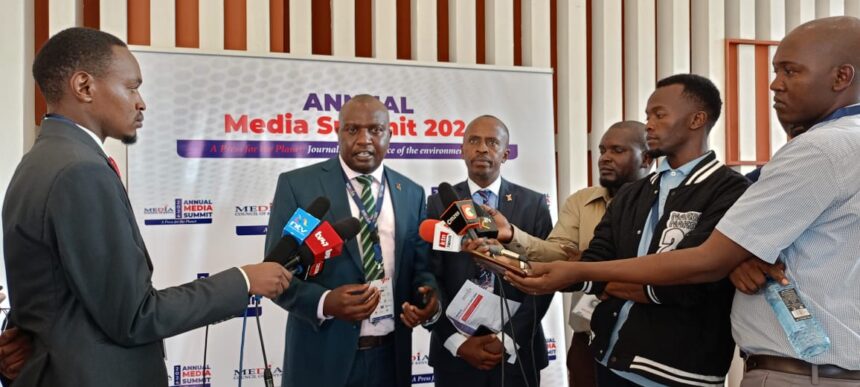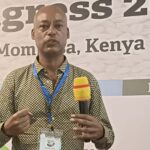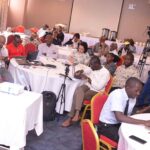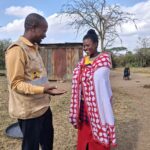By Thuku Kariuki I thuku.kariuki@afrikalive.co.ke and Daniel Furnad I dfurnad@gmail.com
The United Nations General Assembly declared May 3 to be World Press Freedom Day.
The day is commemorated to raise awareness of the importance of freedom of the media and remind governments of their duty to respect and uphold the right to freedom of expression enshrined under Article 19 of the 1948 Universal Declaration of Human Rights.
Further the day marks the anniversary of the Windhoek Declaration, a statement of free press principles put together by African newspaper journalists in Windhoek in 1991.
In Kenya, one does not have to go back more than a week to see just how important press freedom is. Larry Madowo, a Kenyan journalist who works for an international network, was out among the victims of the torrential rains in one of Nairobi’s infamous floods when he spoke to power.
He interviewed desperate residents, who lamented that no one from the government was offering them any help. He further narrated how the Red Cross was doing the heavy lifting in multi-locations saving lives and shaming Kenya’s authorities.
Within hours of this expose, there were announcements from State House that help was on the way. Money was appropriated. Assignments given. It might be that President William Ruto’s government was just moving slowly at first. Most probably, the president was watching CNN when he realised that action was needed immediately.
This is what journalists do. Sometimes in emergencies…sometimes when we identify perennial problems that need addressing. We report what is truly going on, knowing that it may make the powerful look bad, but also knowing that if we don’t speak up, people’s needs and heir very survival, will be neglected. We tell stories to save lives and a story not told probably ends a life.

Currently, hundreds of other journalists are doing the same and treacherous hard work, wading through rivers, witnessing suffering of people with little means. They put their observations out on radio, on television, in newspapers, and, of course, so many on-line. Because in a disaster that is happening in real time, many people turn to social media and on-line outlets to get up-to-the-minute information.
It is important that these journalists should not be constrained by fear that their reports will anger those in power. It is important that they get information to people while danger is still avoidable. For this kind of reporting to thrive governments and various agencies must invest in media freedom by supporting journalists to access disaster areas, and be ready to provide interviews.









